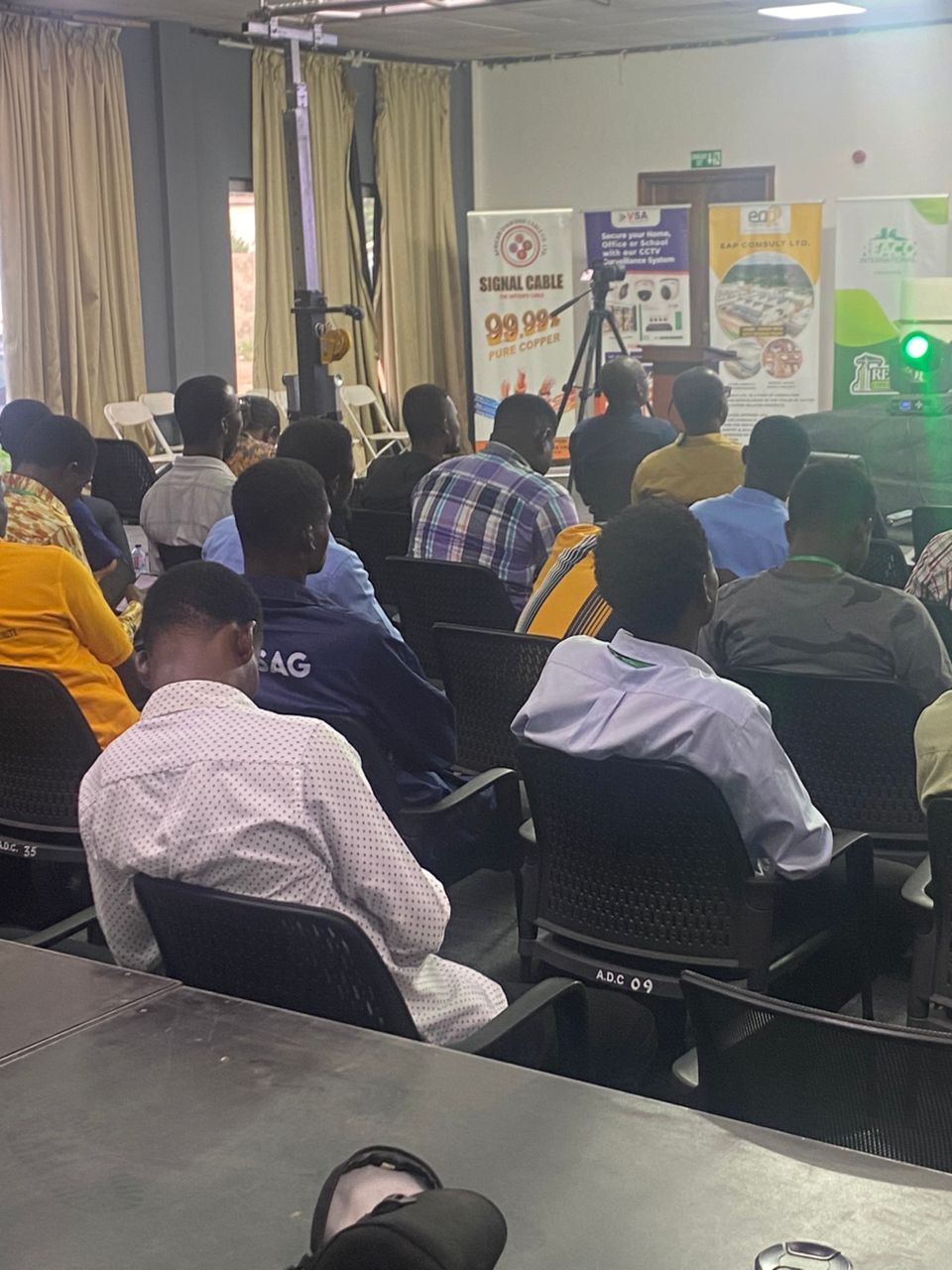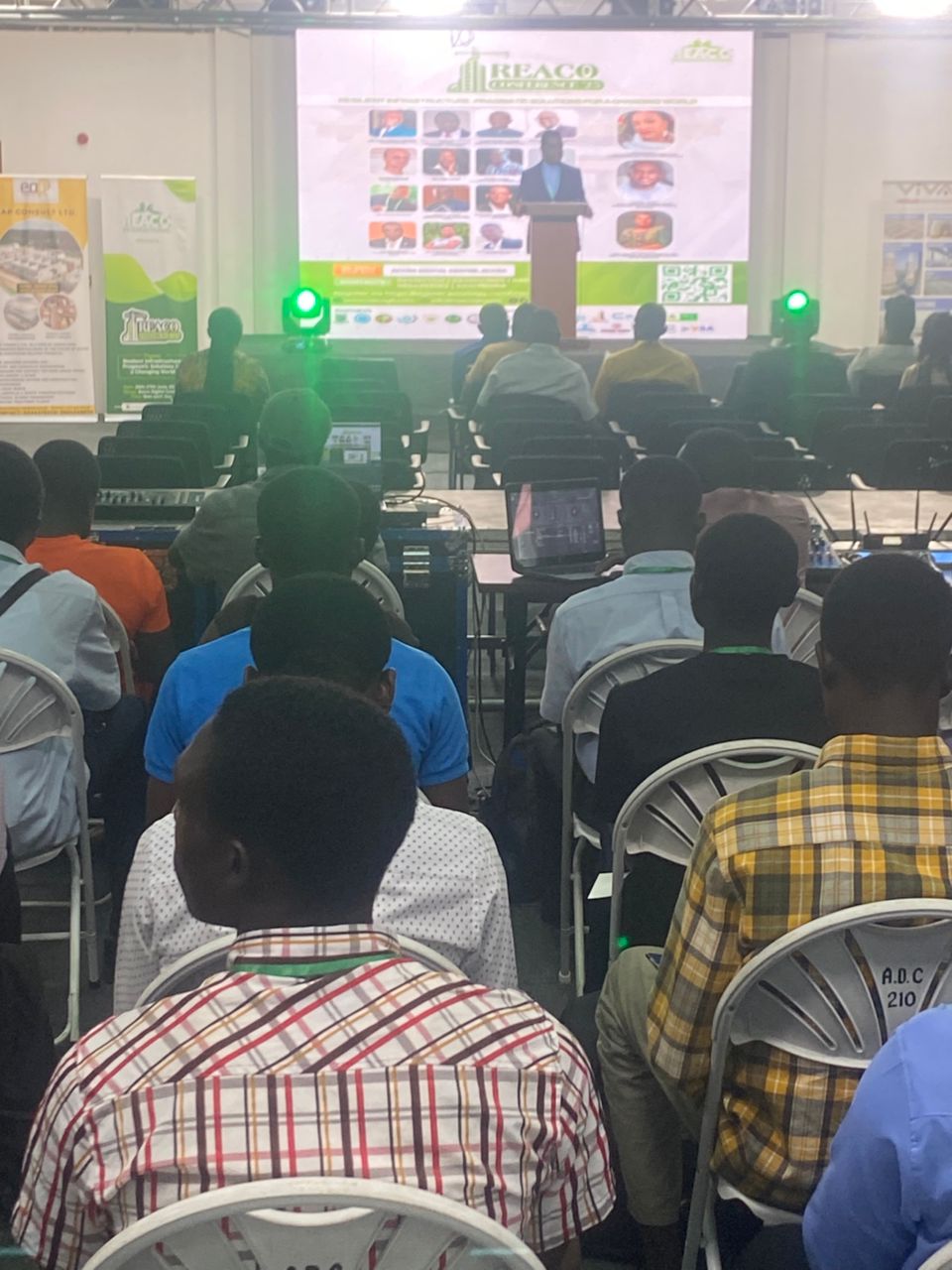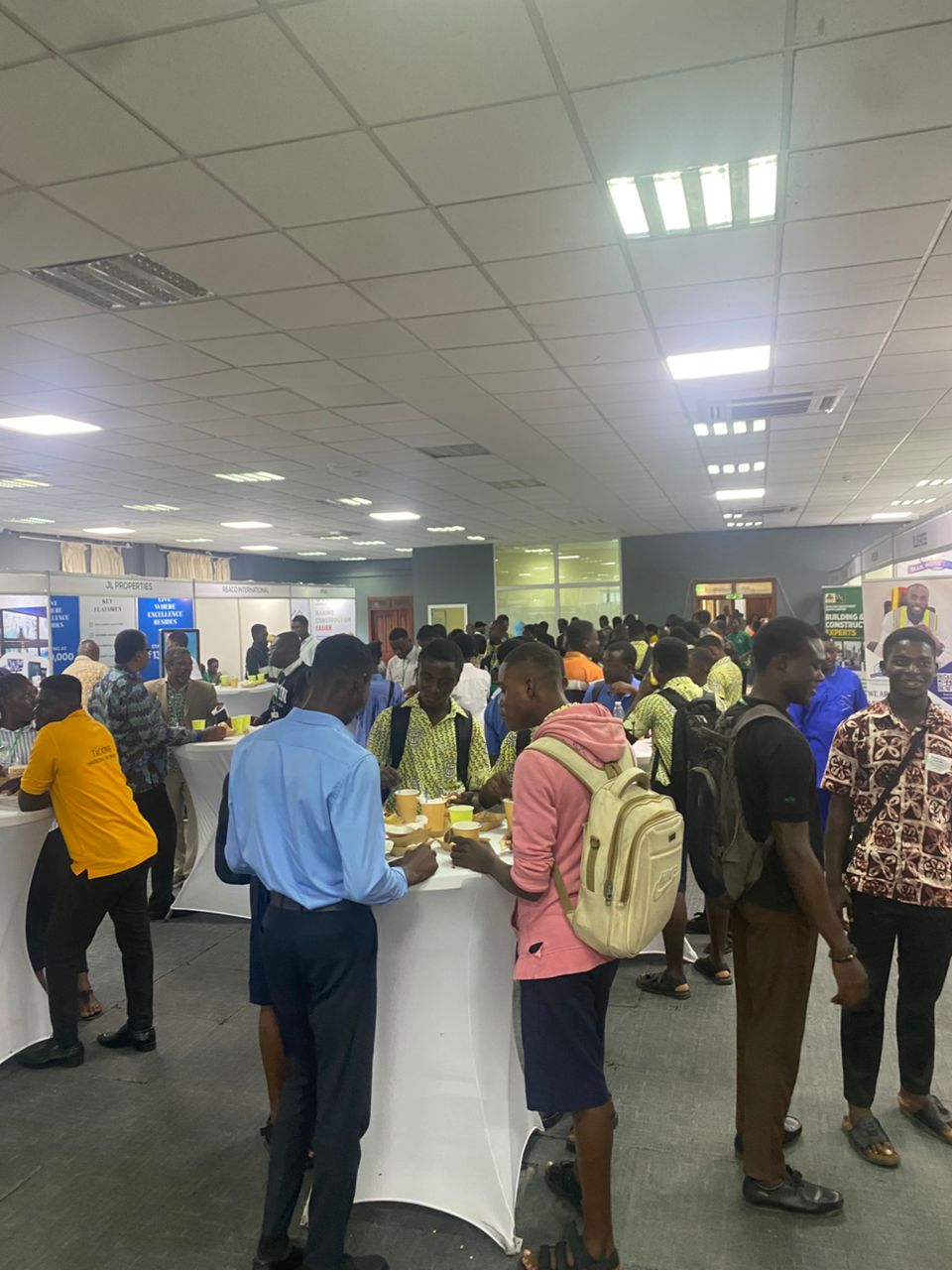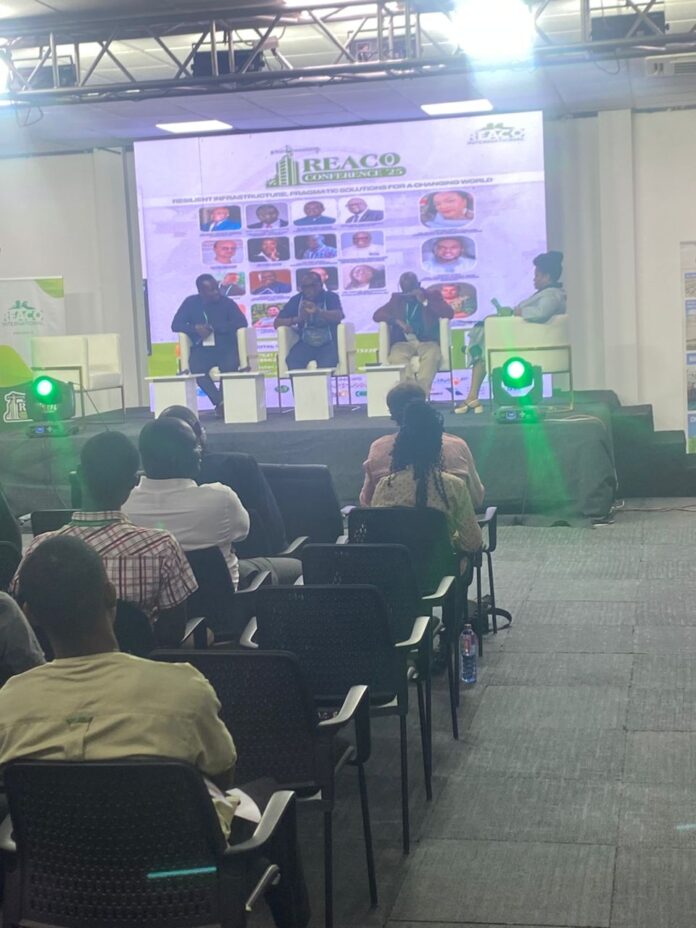As climate change continues to challenge global development, Ghana’s construction industry is stepping up with bold and transformative initiatives aimed at sustainability, resilience, and environmental responsibility.
This was the central message delivered at the 2025 REACO Conference, held in Accra under the theme: “Resilient Infrastructure: Pragmatic Solutions for a Changing World.”
The event brought together a dynamic mix of policymakers, industry leaders, real estate developers, health and safety experts, and environmental advocates to explore innovative ways to address the growing threats posed by climate change—particularly within the built environment.
President of the Ghana Real Estate Development Association (GREDA) and Chancellor of Cape Coast Technical University, Dr. James Lindsay delivered a passionate keynote, urging the construction sector to lead by example in the fight against environmental degradation.
Citing the industry’s heavy dependence on timber, Dr. Lindsay warned that construction-driven deforestation is exacerbating climate vulnerabilities across the country.
“The consequences of climate change are not theoretical—they are already impacting our communities. As developers and builders, we must take active steps to preserve the environment,” he said.

To counter these effects, Dr. Lindsay called for a national push toward afforestation.
As a concrete commitment to this cause, he announced that JL Holdings is spearheading the planting of 500,000 trees in Akroso, a project aimed at restoring degraded forest reserves and promoting biodiversity.
In a related address, Health and Safety Consultant Bigobiri Seidu Abdul-Latif stressed the urgent need for improved safety measures on construction sites.
He advocated for the implementation of rigorous health protocols, including mandatory medical screenings for all workers before and after employment.

“Neglecting workplace safety isn’t just illegal—it’s a direct threat to lives. It is time we take these standards seriously,” he cautioned.
Latif’s call to action resonated strongly in an industry often marked by high-risk environments and inconsistent safety compliance.
Taking the conversation further, Ebenezer Duncan, Executive Director of REACO International, emphasized the growing impact of climate-induced natural disasters—such as floods and storms—on infrastructure.
He challenged contractors to adopt resilient, high-quality, and eco-friendly building materials that can endure extreme weather and minimize environmental impact.

Mr. Duncan also promoted the use of natural and locally sourced materials such as bamboo, cane, grass, and palm products.
These sustainable alternatives not only support environmental goals but also reduce dependency on imported, carbon-intensive materials.
“Sustainability is not a luxury; it is now a necessity. We must innovate with what we have locally to ensure durability and harmony with nature,” Duncan urged.
The conference also highlighted significant government intervention. Deputy Minister for Works, Housing, and Water Resources Gizella Tetteh Agbotui, announced a new initiative—the District Housing Programme, which aims to provide affordable and environmentally friendly housing units in every district across the country.
The pilot phase will begin with eight districts, each receiving 41 housing units. The materials used, she emphasized, will meet modern environmental standards, aligning with the government’s goal of sustainable urban development.
“This initiative reflects our commitment to not just building homes, but creating communities that are safe, sustainable, and accessible to all,” the Deputy Minister said.
She also commended REACO’s continued effort in promoting effective building plans and affordable housing solutions for Ghanaians.
The 2025 REACO Conference marks a turning point for Ghana’s construction industry—a unified pledge toward sustainability, resilience, and long-term planning.
From reforestation efforts and affordable eco-friendly housing to enhanced worker safety and material innovation, stakeholders are making it clear: the future of construction in Ghana must be green, safe, and climate-resilient.
As climate change accelerates, Ghana’s builders are now being called upon not just to raise walls—but to rise to the moment.
ALSO READ:



